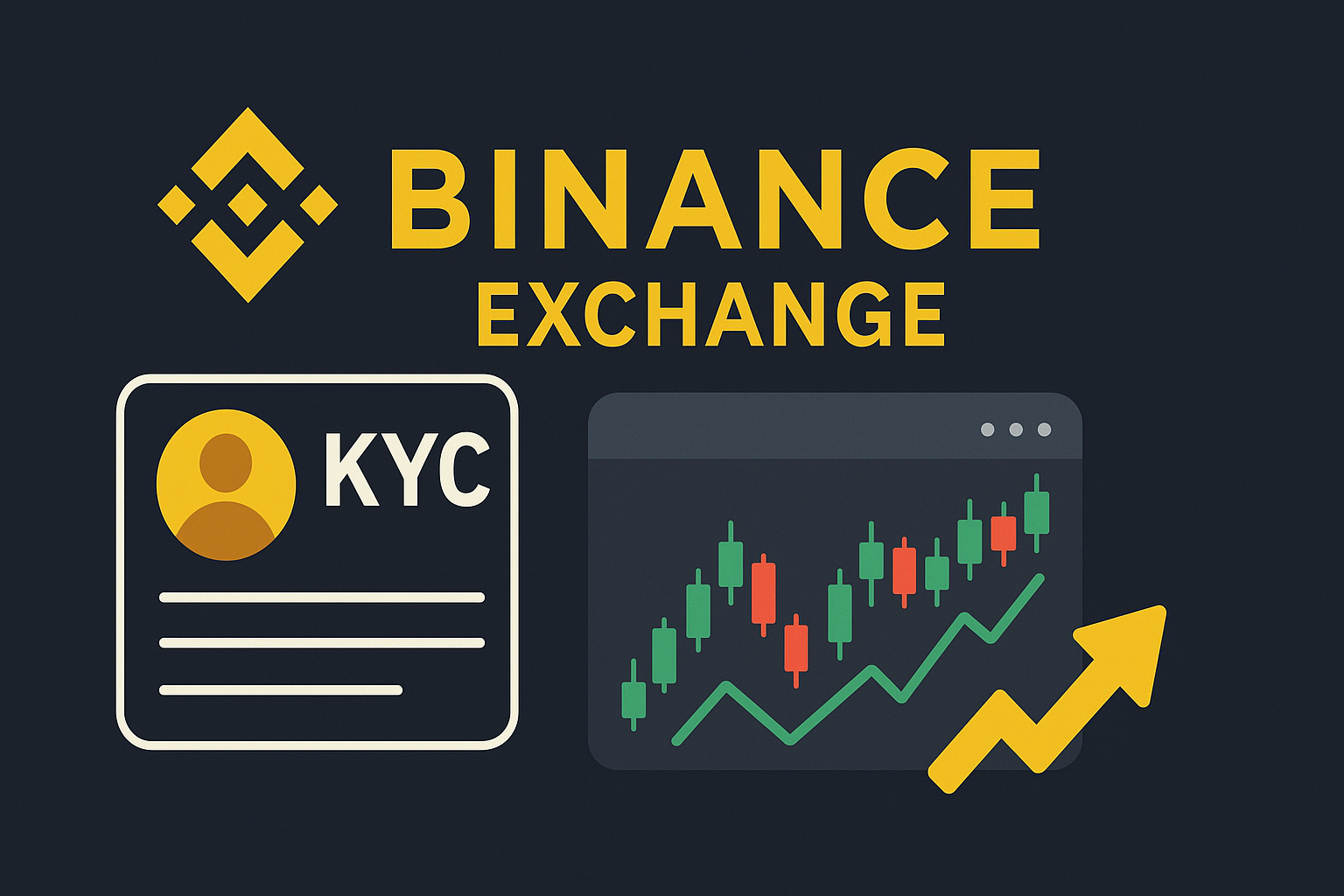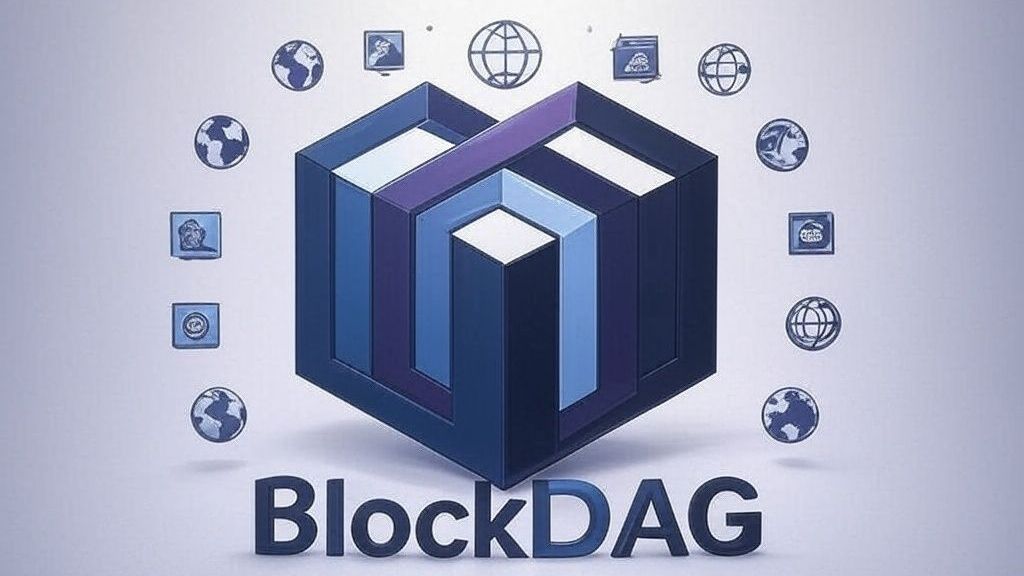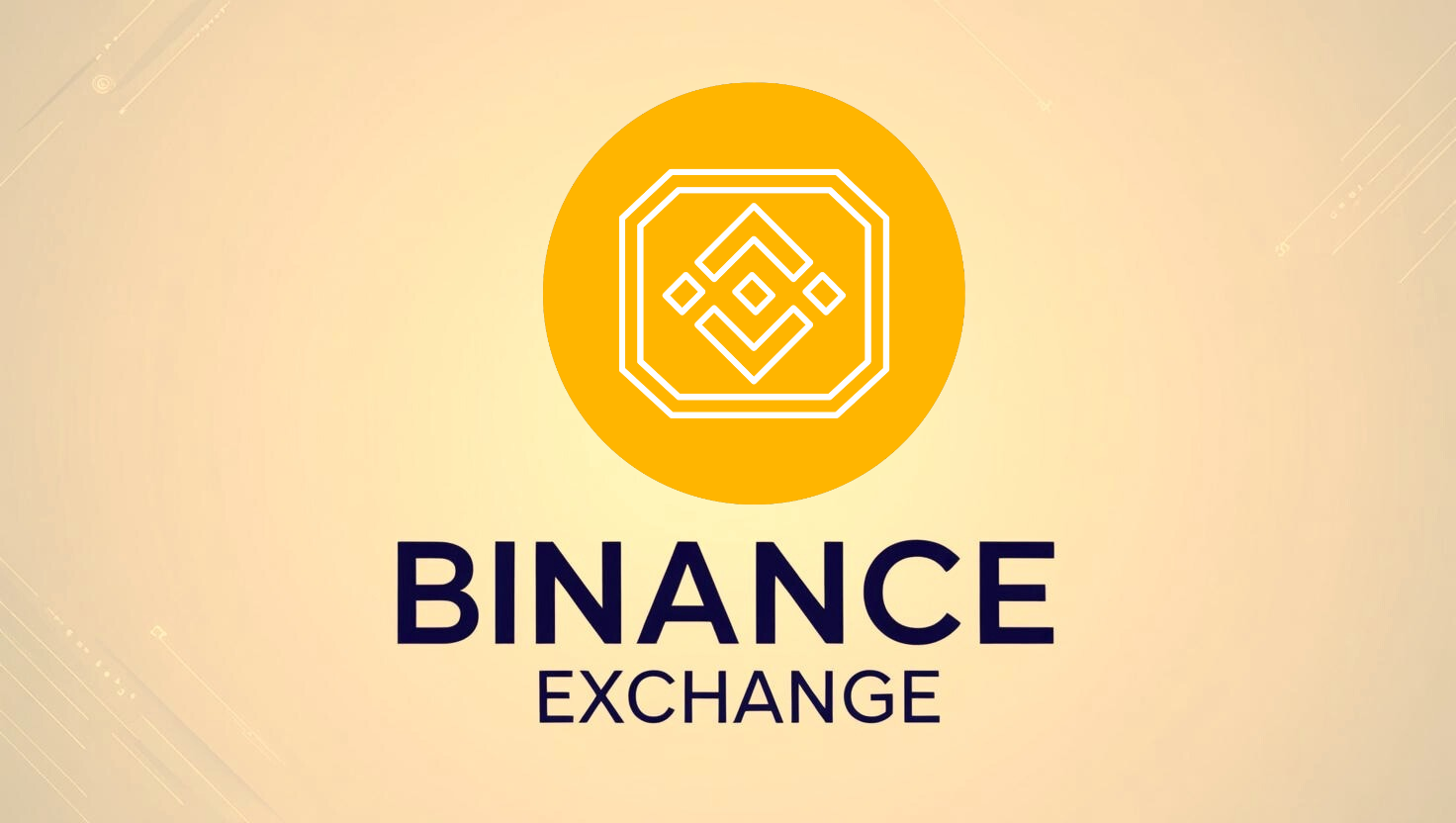
Binance has introduced a mandatory KYC re-verification process for all users in India, aligning with the country’s AML laws and requiring PAN details, a move that could redefine trust and security in India’s growing crypto market.
On April 19, 2025, Binance announced a significant shift in its operations in India, mandating full Know Your Customer (KYC) re-verification for all users—both new and existing. This decision, reported by Bitcoin.com, aligns the global crypto exchange with India’s Anti-Money Laundering (AML) laws, marking a pivotal moment for the country’s digital asset landscape. As part of the process, users are now required to submit their Permanent Account Number (PAN), a key identifier in India’s financial system, to continue trading on the platform.
India has long been a hotspot for cryptocurrency adoption, with a 2023 report from the Observer Research Foundation noting that the country leads globally in grassroots crypto adoption, particularly among its youth. Gen Z accounts for 45% of India’s crypto user base, followed by 35% in the 26-35 age group, with cities like Delhi, Bangalore, and Hyderabad driving investment [ORF, Dec 8, 2023]. However, the lack of clear regulations has posed challenges. The Reserve Bank of India (RBI) has been exploring a digital Rupee as a Central Bank Digital Currency (CBDC), while cryptocurrencies remain unregulated, leaving users to trade at their own risk.
Binance’s move comes amid increasing regulatory scrutiny in India. In October 2024, the Financial Intelligence Unit (FIU) introduced rules requiring users to provide additional details, such as sender and recipient information, for crypto transactions on Binance. This included disclosing PAN and Aadhaar numbers for deposits exceeding a specified limit. The latest KYC mandate builds on these requirements, aiming to enhance security and curb illicit activities in a market of over 1.4 billion people.
The implications of this decision are twofold. On one hand, it could foster greater trust in India’s crypto ecosystem, potentially encouraging broader adoption. A secure and compliant platform may attract institutional investors and new users hesitant to enter an unregulated space. On the other hand, the stringent requirements might deter some users, particularly those concerned about privacy. Past trends suggest Indian users are sensitive to regulatory changes—following the introduction of a Tax Deducted at Source (TDS) policy in July 2022, over 450,000 users shifted to offshore platforms in a single month.
Binance’s compliance push could set a precedent for other exchanges operating in India, such as WazirX, which has been active since 2021. It also aligns with global trends where regulators are tightening oversight of digital assets. For instance, Vietnam recently partnered with Bybit to launch a crypto trading pilot, signaling a regional shift toward regulated frameworks.
As India navigates its crypto journey, Binance’s bold step may pave the way for a more secure and regulated digital asset space. Whether this will lead to long-term mainstream adoption or push users to less regulated platforms remains to be seen. For now, the exchange’s focus on compliance underscores a broader effort to balance innovation with accountability in one of the world’s most promising crypto markets.
















 Join our Telegram Channel
Join our Telegram Channel